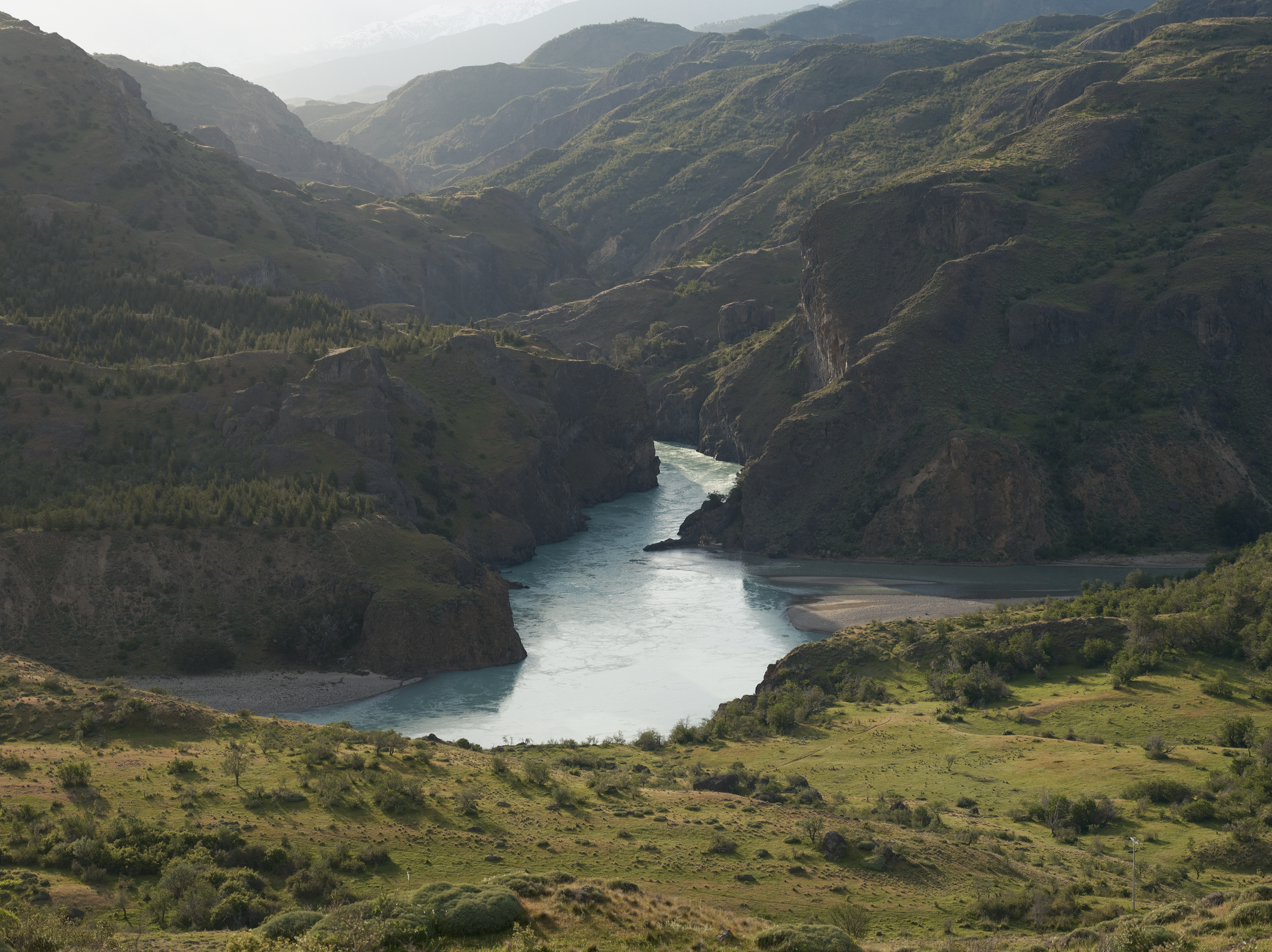Rewilding Chile

Patagonia National Park, Chile © Daniel Hotz
15.06.2023
The Ecological Restoration Fund (ERF) has partnered with Rewilding Chile to undertake truly landscape scale conservation. The £11.25m funding will support Rewilding Chile’s work on the ‘Route of the Parks’, a string of Patagonian national parks that links up the country’s most remote corners, from snow-tipped volcanoes to blue-tinged hanging glaciers.
In this crucial decade for Ecosystem Restoration, protecting primary ecosystems and climate refuges is more urgent than ever. The partnership between ERF and Rewilding Chile will support the conservation strategy in Chilean Patagonia aiming to consolidate the Route of Parks of Chilean Patagonia as one of the largest rewilding models that are restorative to places, species, and communities while generating a nature-based economy.
The Route of Parks covers ⅓ of Chile, protects 11.8 million hectares of wilderness, and connects 17 National Parks and 60 gateway communities. It presents unique opportunities for large-scale conservation as it is one of the last wild places left on Earth. Its exceptional ecological and cultural value comes from the level of endemism and biodiversity of its temperate rainforest and subantarctic forest, wetlands, ice fields, and the most extensive fjord system in the Southern Hemisphere.
The Route of Parks habitats are home to 52% of Chilean species present on the IUCN Red List, and encompasses 16% of the protected land in Chile, over half of the pledged 30% by 2030 under the High Ambition Coalition. It is one of the richest carbon sinks in South America, storing almost three times more carbon per hectare than the Amazon Forest, with a high degree of naturalness (52%), preserving ecological processes on large scales of space and time.
A new partnership between ERF and Rewilding Chile will help to;
- Protect as much land and sea as possible as marine and terrestrial national parks. For example, after acquiring 93,492 hectares at the final tip of South America, Rewilding Chile propose to donate this land to the Chilean government to create a new national park for the Magellan region. They will also create an effective, equitably distributed, and ecologically coherent network of no-take marine zones in the Route of Parks of Chilean Patagonia, remove salmon concessions from protected waters and identify biodiversity hotspots and their threats.
- Restore key ecological corridors with contiguous protected areas on land and sea, such as Kawésqar National Park and Francisco Coloane Marine Park.
- Strengthen the link between communities and the national parks, empowering local leaders and fostering community engagement and stewardship while promoting nature-based economic development in the Route of Parks of Chilean Patagonia.
- Create a National Huemul Corridor: Augment the Huemul population (an IUCN ‘threatened’, south Andean deer), reduce threats, and re-establish ecological corridors to avoid the extinction of the huemul deer, a keystone species for ecosystem revitalisation.
In this crucial decade for Ecosystem Restoration (2020-2030), protecting primary ecosystems and climate refuges such as the Route of Parks of Chilean Patagonia is more urgent than ever.
The partnership between ERF and RC responds to the urgency of implementing action-oriented programmes to reverse the damage we have done to the natural world and its living communities, endorsing the bridge between climate and biodiversity crises, and embracing the need for bold action if we want to prevent the planet from warming above 1.5°C.
